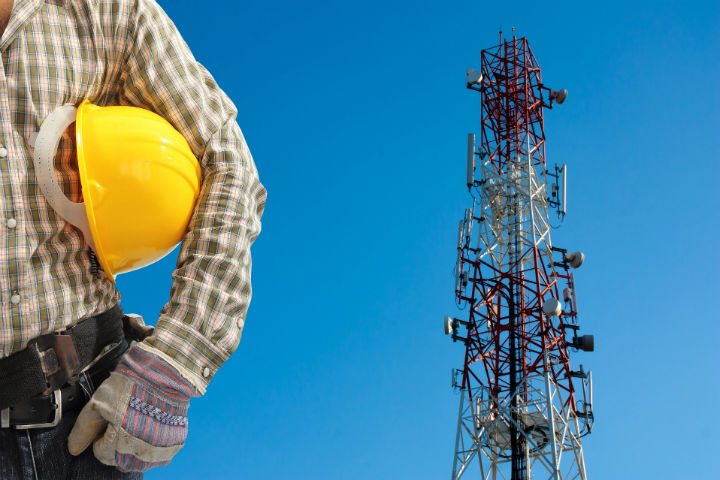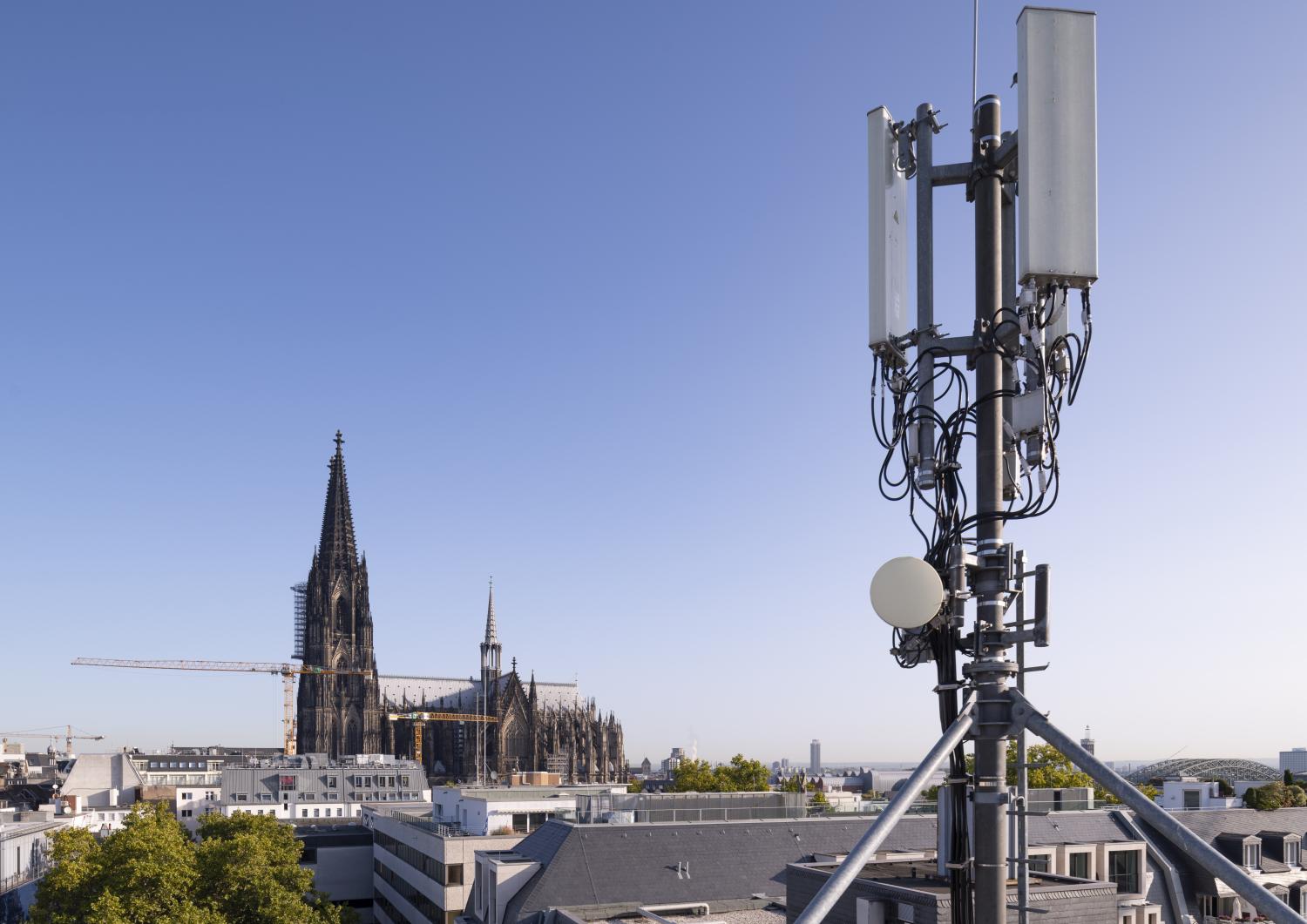With the Biden administration having given cues that it is interested in pursuing a major infrastructure and clean energy investment this year, a group of telecom associations joined together to urge the president and Congress to make support for broadband workforce development part of any infrastructure legislation that advances.
“The U.S. currently faces a shortfall of skilled workers needed to deploy broadband across the country, to win the race to 5G, and to ensure robust fiber, mobile, and fixed wireless networks. Needed investments in broadband infrastructure will increase demand on a labor force already in short supply,” the associations wrote in a joint letter to the president and both houses of Congress.
The associations included the Competitive Carriers Association (CCA), CTIA, the Fiber Broadband Association (FBA), INCOMPAS, NATE: The Communications Infrastructure Contractors Association, NTCA-The Rural Broadband Association, Power & Communication Contractors Association (PCCA), the Telecommunications Industry Association, USTelecom – The Broadband Association, the Wireless Infrastructure Association (WIA), and the Wireless Internet Service Providers Association (WISPA).
Amid a pandemic that has devastated the U.S. economy and left millions unemployed, the telecom associations reminded legislators and President Joe Biden that broadband and 5G are projected to create 3 million direct and indirect wireline and wireless jobs and contribute $500 billion annually to the U.S. economy — and that the telecom industry already employs more than 670,000 workers, with average annual wages of more than $77,500.
Current 5G network design and build-out has already created more than 106,000 direct jobs in installation and engineering, the associations said. Federal support for broadband infrastructure will accelerate that job creation — but more people need to be trained to fill those jobs.
“While the jobs are there, our American workforce is not currently ready to fill them,” the letter said.
The telecom groups urged Congress and the president to provide support to employers to expand registered apprenticeships, technical instruction and worker certification; and to bolster support for re-thinking how higher education and other learning institutions approach broadband-related programs; such institutions, the letter said, “have not kept pace with the rapid growth of our industry and the need for curricula necessary to ensure a diverse workforce capable of deploying fiber and 5G infrastructure for commercial mobile and fixed wireless networks.
“A critical need remains for programs of study in broadband and network engineering, network deployment and field activities, and cybersecurity. There is also a need to modernize existing programs, including hands-on field activities for broadband deployment and better data to inform program design and measure success,” the associations wrote, asking that public-private partnerships be prioritized between employers and educational institutions, including Historically Black Colleges and Universities (HBCUs) and Tribal Colleges and Universities (TCUs).
“The stakes are high. Without a properly trained 5G workforce, China
can use centralized authority to quickly focus labor resources to beat us to the finish line. We cannot build advanced networks to serve tomorrow’s needs without a properly skilled and diverse workforce today,” the letter concluded.













